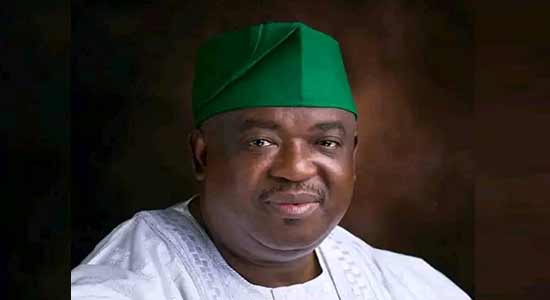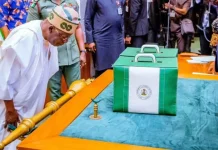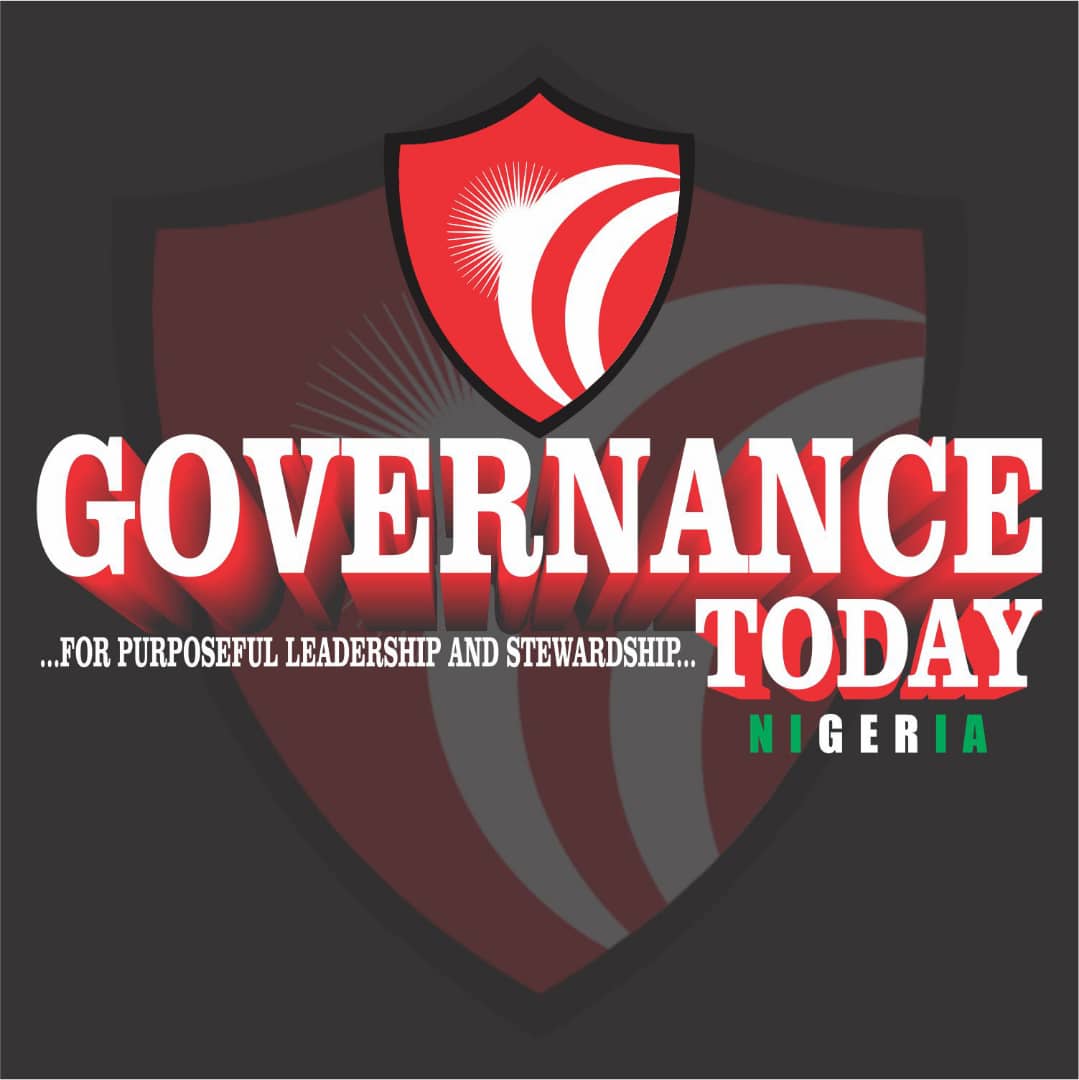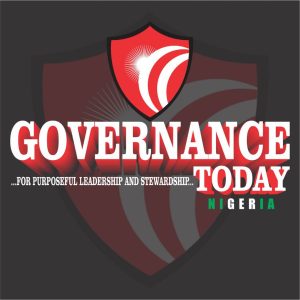The Court of Appeal sitting in Abuja has sacked the governor of Plateau State, Caleb Mutfwang.
Mutfwang of the Peoples Democratic Party had 525,299 votes while the candidate of the All Progressives Congress, Nentawe Goshwe, polled 481,370 votes in the March 18 governorship election in the state.
Goshwe challenged the victory of Mutfwang at the tribunal claiming that the governor was not validly nominated and sponsored by his party.
He also said there was non-compliance with the Electoral Act in the election.
A three-member panel of the tribunal headed by Justice R. Irele-Ifijeh, in a unanimous decision, dismissed the petition for lacking in merit.
Displeased with the judgment, the APC candidate appealed the tribunal judgment.
In its judgment on Sunday, the three-member panel of the Court of Appeal led by Justice Elfrieda Williams-Dawodu, citing Section 177 of the Constitution, held that the governor was not validly sponsored by the PDP for the election.
She held that the party violated a court order directing it to conduct a valid congress in the 17 local government areas of that state.
She said there was no evidence that the PDP complied with a subsisting High Court order which had directed it to conduct a valid party congress prior to its sponsorship of the governorship and other candidates.
The court held that the issue of qualification is both a pre-election and a post-election matter contrary to the position of the tribunal which held that the appellant lacked the locus to contest the validity of the respondent.
The tribunal declared Daniel Listic of the Labour Party as the winner of the state constituency election.
In the judgment read by Justice Okon Abang, he held that the tribunal was right when it held it had jurisdiction to sit over the internal affairs of a political party with regard to non-qualification and the issue of sponsorship.
“It is my view that without complying with court order, there was no party by the name PDP in the election.
“It is a joke taken too far for a political party to disobey an order of court,” he added.
He noted that a court of law has jurisdiction to entertain a matter bordering on a political party especially if that party disobeys a subsisting order of a court.










